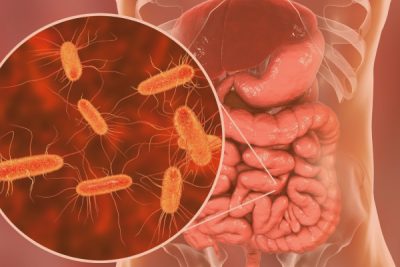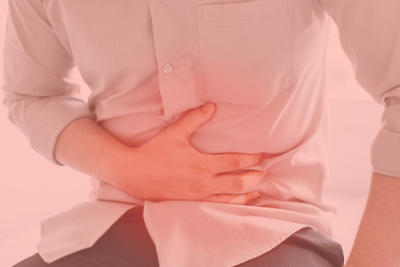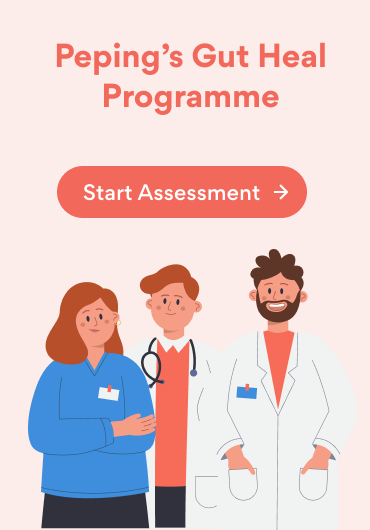Gut – Our Second Brain
Did you know that all along our gut, exists a nervous system aka the enteric nervous system? This comes with an entire network of neurons and nerve cells (over 100 million of them in fact!), that help the gut sense, and respond. This system is often called the ‘second brain’ of the body.
This enteric nervous system also communicates with our brain via the unique gut-brain axis. Together, they play a role in:
- Affecting mental state and emotions
- Influencing certain diseases
- And of course, helping carry out digestion smoothly
Here are some examples of how we perceive the enteric system in the gut communicating with our brain:
- Anxiety before an exam that makes you go to the loo
- “Butterflies in your stomach” when nervous
- The “fight or flight” response during stressful situations which can slow down or fasten digestive processes
A 2019 review of IBS described how:
- The diversity of the organisms in the gut influences serotonin production. Serotonin production is extremely important in mood regulation and IBS regulation
- Eating habits and microbiome can impact mental health
How are IBS and Mental health linked?
A few studies recently have found strong correlation between people with IBS and mental health issues. Chronic Stress and burnout can kill beneficial gut microbes and the dysbiosis created can further cause more stress. Dysbiosis can also increase the sensitivity in the gut and they become easily irritated with small amount of gas which otherwise might be tolerable. When stress is triggered the body comes in fight or flight mode. In this case body funnels blood away from stomach and intestines. Cortisol spikes, inflammation sets in, and so do more signs of IBS and mental illness.
Additionally IBS symptoms like diarrhea, constipation, bloating can further make a person more worried creating a viscous cycle.
Tackling IBS and mental health both
Focus on mental health
Mindfulness is of extreme importance. The first step is acceptance followed by an attitude change towards IBS. IBS cannot be cured with a single pill and is an issue that needs to be managed. A relaxed mind can help in curbing certain symptoms.
Here are some strategies for stress management:
- Mindfulness and meditation: Practising mindfulness techniques, such as deep breathing exercises, meditation, or guided imagery, can help reduce stress and promote relaxation. These practices have been shown to positively influence gut function and alleviate digestive symptoms.
- Regular relaxation: Engaging in activities that promote relaxation, such as taking warm baths, practising gentle stretching exercises, or pursuing hobbies that bring joy and calmness, can help reduce stress levels.
- Counselling or therapy: In some cases, seeking professional help from a therapist or counsellor can assist in addressing stress and anxiety that may contribute to gastric problems. Therapy can provide valuable tools and coping mechanisms to manage stress effectively. It’s important to note that stress management techniques may vary for individuals. Finding what works best for you and incorporating it into your daily routine is vital to achieving long-term relief.
Take the right diet
- IBS Management Diet: Diet to manage IBS can help in managing IBS and the stress that comes with it. Low FODMAP diet is one of the diets that works for few IBS cases. However each case is unique and identification of trigger foods is extremely necessary. Diet Plan with the help of a professional helps the people to eliminate trigger foods, add healthy foods and create a plan which works for everyone.
- Probiotics: Foods rich in probiotics and probiotic supplements can provide the good bacteria that is needed for the body. This helps in managing the dysbiosis and improves the digestion. A healthy gut microbiome is able to control the symptoms of IBS
Holistic Approach
To find relief from IBS, it is important to find a comprehensive solution that consist of –
- Diet that controls the symptoms
- Controlled stress and anxiety
- Meaningful relations with people around you
- Exercise to provide numerous health benefits













